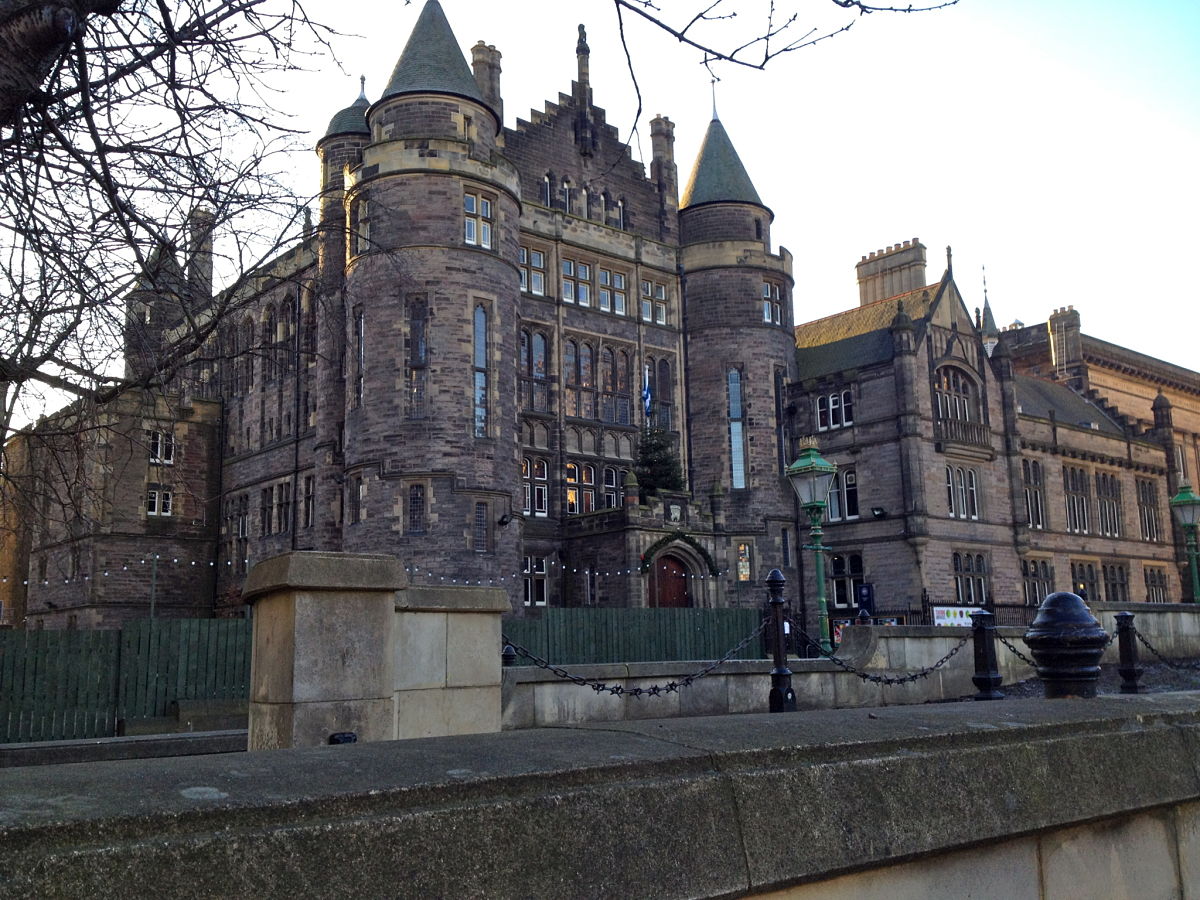As we move towards spring and the Edinburgh University Students’ Association (EUSA) elections begin to heat up, we at The Student have been confronted with a bizarre new reality. For the first time since any of us can remember, EUSA has reached this point in the year without suffering a major scandal.
While a perennial complaint levied at the student association is that the organisation is too boring, too inaccessible, and too esoteric, this criticism rarely translates into news coverage of our university’s student union; rather, damning, provocative headlines on various managerial missteps generally dominate the discussion, and the student body is left wondering: ‘what on earth possessed us to elect them?’
Consider this point of term last year: EUSA President Hugh Murdoch had just announced a leave of absence, coinciding with unconfirmed reports that external mediators had been brought in to resolve a serious, long-running dispute between him and a fellow sabbatical officer. Earlier in the year, the association faced highly critical headlines in the national press after banning Robin Thicke’s song ‘Blurred Lines’ from EUSA venues.
And the previous year, former Vice President Services Max Crema faced two rounds of disciplinary action and a suspension for an anonymous blog post and series of crass tweets from his official Twitter account. (The Student’s coverage of the debacle would lead EUSA to turn to the Court of Session in Edinburgh for an interdict, forcing this newspaper to withdraw an entire issue from distribution and pay the student union’s legal fees, an event which, at the time, constituted a scandal in its own right.)
But a glance over this year’s record turns up no such scandal, unless, of course, you count the controversy over EUSA’s decision to crack down on “strawpedoing” at the Big Cheese club night, and some internal disagreements over a pro-Palestine statement issued over the summer at the height of Israel’s ground offensive in the Gaza Strip.
In fact, far from there being a pronounced lack of intrigue, the students’ association has actually managed to achieve something that has proven a serious challenge to previous crops of sabbatical officers: increased student engagement in the union’s democratic processes.
This is true at the very least on a superficial level: nominations for EUSA positions – sabbatical posts, trustee posts, and others – are up more than 100 per cent on last year’s totals. An impressive achievement, by all accounts.
On an individual level, too, this year’s sabbatical officers have shown themselves to be engaged, and at times rather prolific, campaigners for student interests.
Dash Sekhar, Vice President Academic Affairs, has seen two of his signature projects reach fruition: his proposed gender studies course and resource centre are set to be phased in imminently, and his Student-Led Individually Created Courses (SLICCs) will make their debut this summer.
Eve Livingston, Vice President Societies and Activities, has spearheaded efforts at increasing society inclusivity, and led the chorus of disgust at the Delta Kappa Epsilon fraternity’s rape meetings.
Tasha Boardman, Vice President Services, has, among other objectives, assiduously targeted divestment from fossil fuels at a time when the issue has become a considerable liability to the university in both financial and reputational terms, and it is clear that the University is starting to feel the pressure.
And President Briana Pegado has become the student face of the University’s new North American Office, launched a new student arts festival, and is in the final stages of phasing in a campus cycle hire scheme.
But these concrete, visible achievements only tell half of the story. This year, EUSA appears to have made a concerted effort to steer clear of more partisan stances, positions which have, in the past, alienated significant segments of the electorate.
Take, for example, EUSA’s past obsession with undermining the chancellorship of Princess Anne. While there are clear and legitimate reasons for concern over the Princess’s unelected position within the University, this stance fuelled a pervasive dissatisfaction with the union’s priorities, and the debate distracted from the association’s other, much more important objectives, like freezing international students’ tuition fees.
There are several ways in which EUSA’s success this year could influence the upcoming elections. While in the past sitting sabbatical officers have often become targets for derision from the candidates contesting their positions, it may well prove a much larger challenge this year to play on the electorate’s dissatisfaction with the union’s management.
Rather, candidates should focus exclusively on what they can bring to the table to keep up EUSA’s momentum; that means minimising attacks on one another. We want to believe that EUSA’s relative success this year will contribute to an atmosphere that rejects negative campaigning, and The Student will play its part to ensure that unfair personal attacks do not go unchallenged.
It is far too easy in student politics to get bogged down in small gripes like the recent action against “strawpedoing”. But the importance of such issues pales in comparison to that of EUSA’s serious initiatives, and the scale of this controversy is nowhere near that of past issues.
We want this year to mark the beginning of a democratic revival of our University’s student association; all of the pieces are in place. The candidates can play their part by focusing on themselves – and the rest of us can vote.

